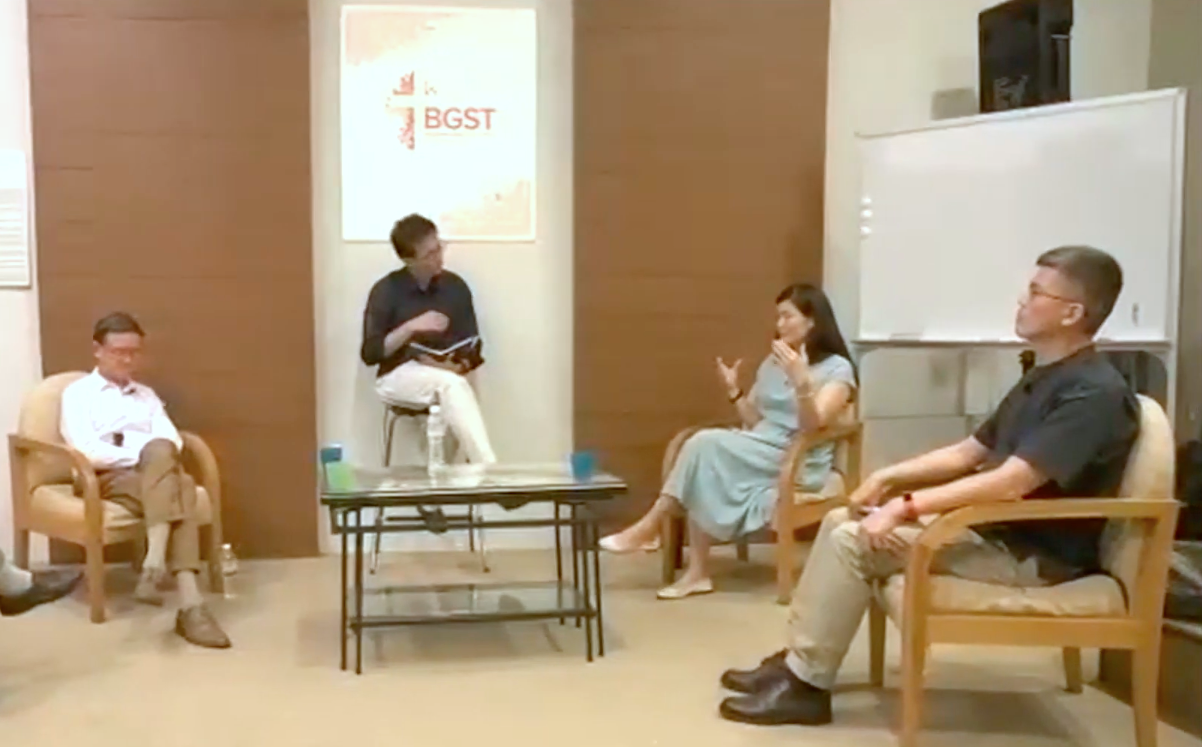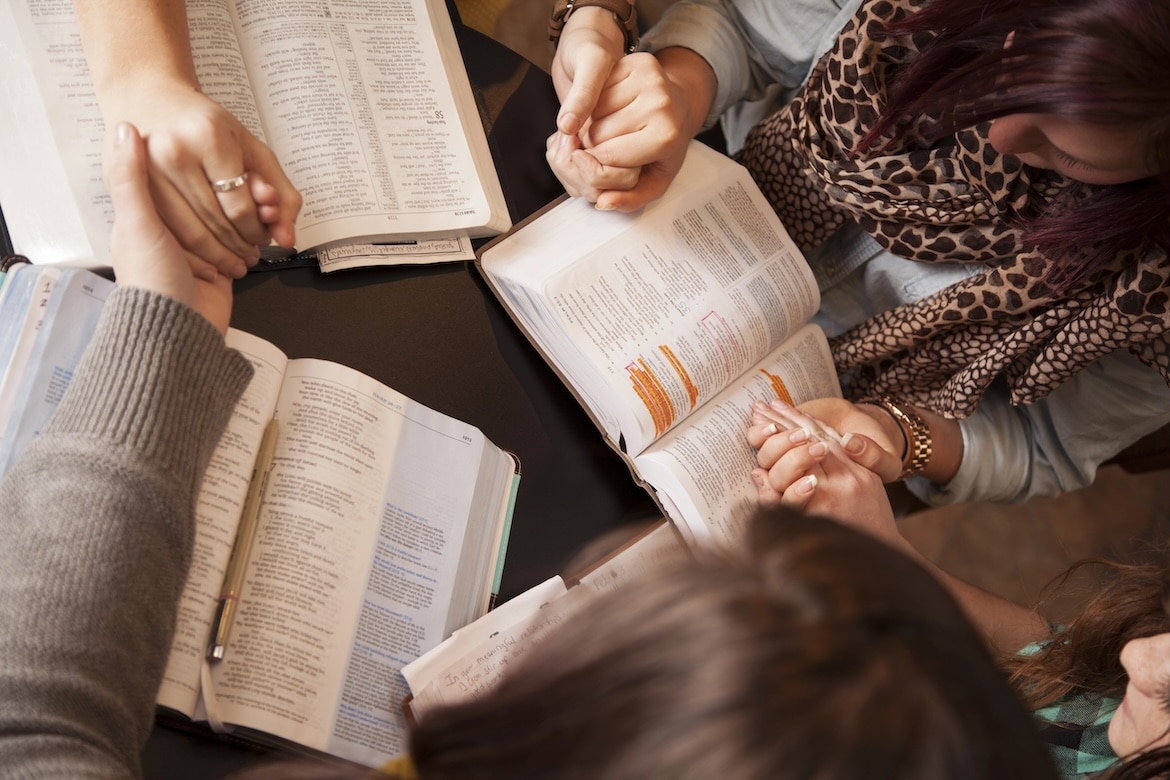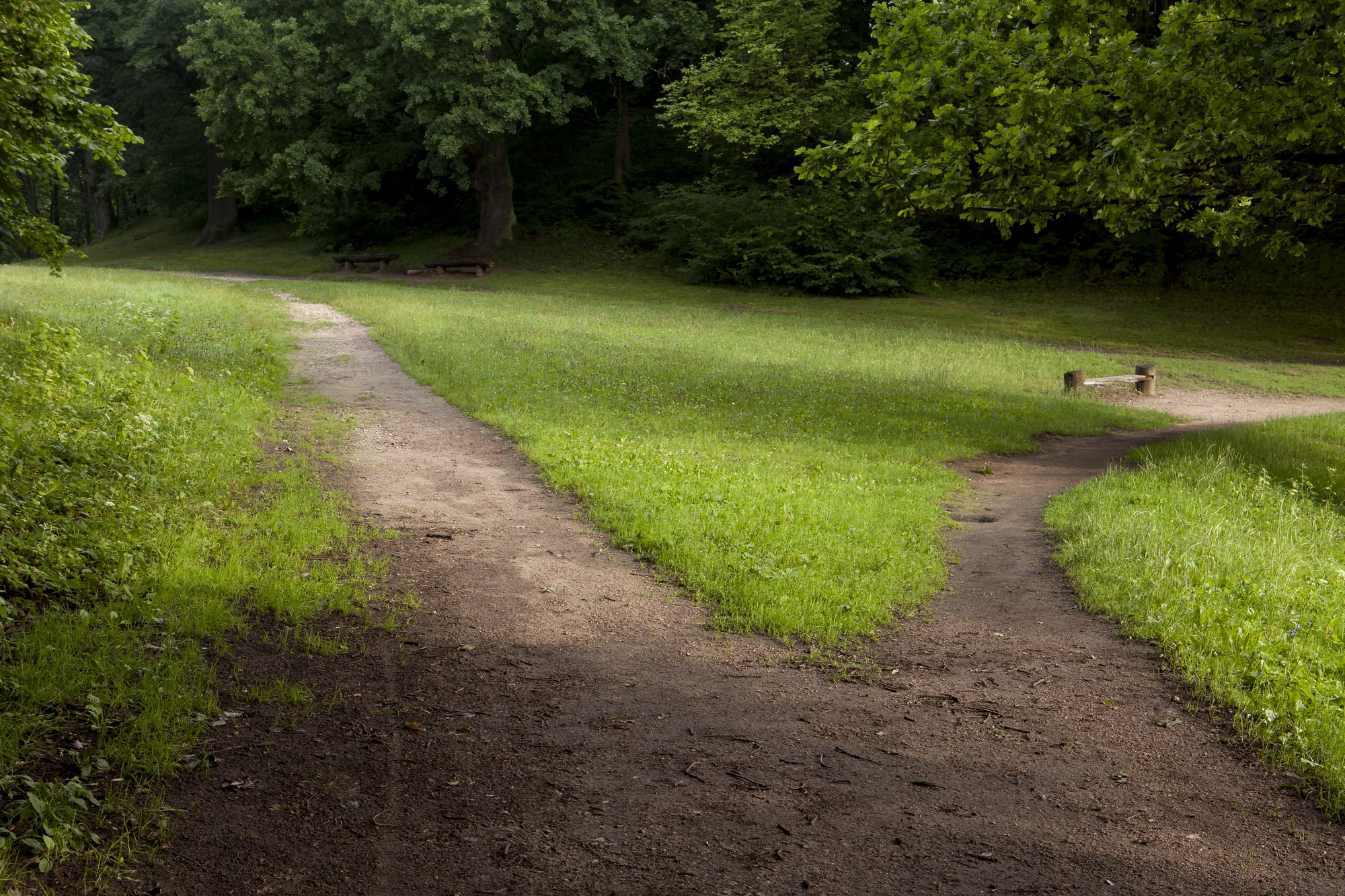“Times like this reveal whether our inner core is built on sand or rock”: Dr Goh Wei Leong
by Tan Huey Ying // April 29, 2020, 11:50 pm

There will be a new normal when the coronavirus crisis finally passes. But what will our reset baseline be? Four panellists share their views on our chance for change. Photo by chuttersnap on Unsplash.
One month ago, malls and parks were bustling even with social distancing measures in place and Singapore’s crisis management was held up as the golden standard.
Today, COVID-19 infections in Singapore have crossed 15,000, strict Circuit Breaker measures are in place and over 200,000 migrant workers from construction are on Stay Home Notice (SHN) in dormitories.
“As the situation has unfolded, we see both the best and worst of humanity coming out,” commented Melissa Kwee, CEO of the National Volunteer and Philanthropy Centre (NVPC) and an anthropologist by training.
She was one of four panellists at a webinar titled Coronavirus: Concerns, Challenges and a Chance for Change.

Reveal, reimagine, reset: Three words that the panellists used to frame the discussion on the complex future of the Church. (Left to right) Dr Goh Wei Leong, facilitator Ng Zhi-Wen, Melissa Kwee, Dr Lai Pak Wah. (Not in picture: Pastor Rick Toh.) Screengrab of the BGST webinar held on April 1.
Dr Goh Wei-Leong, chairman of non-profit organisation HealthServe; Ps Rick Toh, senior pastor of Yio Chu Kang Chapel; and Dr Lai Pak Wah, BGST principal and historical theologian, were the other three panellists at the event.
Organised by the Biblical Graduate School of Theology (BGST), the quartet discussed aspects of the path forward for the Church in a post-COVID world.
Question #1: What is He revealing about our brokenness?
Issues are being surfaced through this pandemic, that is certain.
“Foundations of sand” is how Kwee describes it – whether in society, business and even family life. “What is He revealing about the brokenness of society? The corruption in our lives? Fractures at home – how does that reveal the kind of repair we want to bring to those relationships?”
Times of testing in the Bible were always accompanied by a purification, healing and a restoration to wholeness.
Business leaders like the founder of Dyson, who converted entire factory lines in 10 days to start manufacturing ventilators, contrasted with leaders who say one thing and yet do another, Kwee noted.
Times like this reveal whether our inner core is built on sand or rock, says Dr Goh, who was honoured with the Straits Times Singaporean of the Year 2018 award for his contributions to the nation.
As rituals and routines are taken away, how is faith expressed? Who is our Security?
“Our spiritual core is so important here,” he said. “Out of this comes our actions.”
Question #2: Would Singaporeans share their last piece of bread?
Ps Rick, whose six-month sabbatical had to be cancelled, revealed that, early in the crisis, he had to battle with his instinctive fears of contracting the virus and reactions to materialism.
“One way of getting into action is, actually, to pause.”
“I didn’t want to get infected, I was scared to die, I didn’t want a pay cut. I wanted my life to stay the same,” he said.
“Singaporeans, we are very pragmatic – that’s not bad in itself, but are we self-sacrificial or are we more concerned about self-preservation? Would I share my last piece of bread with a stranger?”
It is a challenge for believers not to become inward-focused, but that makes the church a “threatening place”, said Ps Rick, calling it a “test of theology and discipleship”.
But Ps Rick also explained that times of testing in the Bible are always accompanied by a purification, healing and restoration to wholeness.
Question #3: Do we need to pause to act?
There’s a lot that’s broken that is being revealed at this time, but this also gives us the opportunity to reimagine, said Kwee. “How else could business work? Or families? How can we be in neighbourhoods?”
“What does the Kingdom look like after COVID?”
Dr Goh offered his take: “One way of getting into action, is actually, to pause.”
Dr Goh said: “Pause to get a sense where God is leading. Individually and collectively. So that we can have the big picture. Then we can reimagine what the Church would look like as a flourishing, thriving church – not just surviving.”
Between Dr Goh’s small clinic in Jalan Kukoh, a low income housing estate, and his nationwide work at HealthServe amongst migrant workers, Dr Goh is no stranger to the immediate and pressing issues that people face.
But beyond survival, he believes that God has already given the Church the wisdom to thrive – and to be part of the solution in a creative and life-giving way.
“Reimagine what an Acts 2 church (Acts 2:44-47) will look like in this world,” mused Dr Goh.
“I think that would be fantastic.”
Question #4: In resetting our baseline, what is truly essential?
Agreeing with him, Kwee added that the key is “informed activity” – for those accustomed to a busy life, rest and spiritual self-care is necessary. But the reverse is also true.
“Many of us are spiritual workaholics, particularly in a Confucian society like ours.”
“For those of us who rest a lot, it is time to spring into action,” said Kwee. “It is important for us to think about how to serve from our position of abundance. Then we get to that point of reset – and transition to: What is God’s vision for the family, for businesses, for leadership?
“What does the Kingdom look like after COVID?”
As reports from around the world show the hints of curves flattening and countries emerging from lockdown, a global consensus is being drawn: there is a new normal that will exist in a post-COVID world.
Things will not go back to the way they were in all aspects, but this does not dampen Dr Lai’s optimism. “With the reset, we really need to think in terms of what is essential,” he said, referring to the plethora of ministries and programmes that churches engage in.
This time around, Dr Lai pointed out wryly, it is not the church leaders who will decide what is essential. Rather, it is the government who will do so.
Question #5: Are we spiritual workaholics?
This is where Dr Lai believes the spiritual disciplines like Examen are necessary. “Maybe it is time to listen to our fears and obsessions and what these tell us about our spiritual lives. Many of us are spiritual workaholics; we cannot sit back and allow God to love us. Particularly in a Confucian society like ours.
“We are used to thinking in standard ways. Stabilise our emotions then we can see clearer and be open to what the future presents to us.”
As a historian, Dr Lai emphasises: “Context matters. The Church is always adapting to new things in life – even theology is often contextual.”
In a world of empty streets, churches and skyscrapers, Dr Goh summed up his thoughts in a strikingly visual manner: “The Church has to be a monument of the Word – us living it out, in all His fullness, and blessing everyone in the process of that.”
A two-minute habit to move from fear to faith
Before circuit-breaker measures kicked in, Melissa Kwee made sure to check in with her staff at NVPC on a daily basis using this method
Leaders must help people to create the space where people can move from “reveal” to “reimagine”, said Kwee. “People are afraid. And one role of a leader is to help people find peace.
“Wherever you are, in your life or role, you can take these two minutes.”
Two questions, twice a day, for two minutes each time:
- What am I grateful for?
- What is one thing I can do to amplify that good thing today?
Business down by up to 97%, yet these restaurant owners are still giving to the community
We are an independent, non-profit organisation that relies on the generosity of our readers, such as yourself, to continue serving the kingdom. Every dollar donated goes directly back into our editorial coverage.
Would you consider partnering with us in our kingdom work by supporting us financially, either as a one-off donation, or a recurring pledge?
Support Salt&Light


